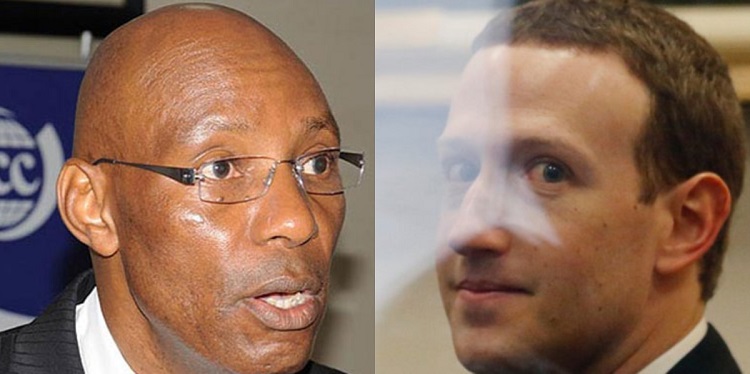The East African Community recently held a workshop to discuss on how the member states can implement mobile money interoperability across the region. The development was revealed by Uganda Communication Commission (UCC) which represented Uganda at the two-day workshop, in a tweet on Saturday.
#UCCWeeklyUpdate
23rd – 28th July,2018.
UCC had the following engagements;
1. Participated in a 2 day workshop for making Mobile Money interoperability across the East African Region.
2. Meeting with Facebook Policy team. Details to be shared later. pic.twitter.com/N18lqAryYg— UCC (@UCC_Official) July 28, 2018
The interoperability system allows mobile money users to send money across different networks and this could be a big step towards enhancing financial inclusion.
Though there are already applications that allow cross-network mobile money transactions, some people have said the process is complex and costly.
The lack of mobile money interoperability has been cited by telecom companies as the biggest driver of market dominance and small players have been rooting for it, saying it would facilitate fair competition.
We were not able to reach UCC for comment on the timeline of implementation, but some countries have already implemented it. Tanzania was the first country to implement the project and it has since reported increased transactions. Kenya rolled out it out in 2017. Uganda and Kenya are the largest mobile money markets in Africa, implying that such an initiative is good for the region.
UCC meets Facebook
The communications regulator has also announced that it met with the Facebook Policy Team. Mr. Kojo Boakye, Facebook’s public policy, and connectivity manager, Africa was recently in Uganda and he criticised the government over the recent introduction of social media taxes. He also revealed that the company was taking major steps to fight the recently introduced tax on social media, but he declined to reveal the details
UCC did not give details of the meeting, promising more information later.
Inclusive ICTS, digital loggers, KCCA and ATC
In its weekly update of activities, the commission also revealed that it had commissioned a countrywide data collection exercise to establish ICT access and usage patterns for Persons with Disabilities or PWDs in Uganda.
This follows a recent two-day workshop to sensitize various stakeholders working with people with disabilities on the use of ICTS.
The workshop was organized by the National Information Technology Authority Uganda (NITA-U) with the support from The United Nations Educational, Scientific and Cultural Organization (UNESCO).
In Uganda, according to a 2014 survey at least 13% of the population has a disability. The teaching of ICTs was made compulsory in secondary schools in 2012 and schools are still facing multiple challenges in implementing it.
Must read: After Gen. Tumukunde, Brig. Kyanda suffers social media impersonation
The communications regulator has also restored the Njeru and Gulu Digital Logger Remote Monitoring Sites. A data logger is an electronic device that records data over time or in relation to location either with a built-in instrument or sensor or via external instruments and sensors.
One of the primary benefits of using data loggers is the ability to automatically collect data on a 24-hour basis. Upon activation, data loggers are typically deployed and left unattended to measure and record information for the duration of the monitoring period. This allows for a comprehensive, accurate picture of the environmental conditions being monitored, such as air temperature and relative humidity.
Kampala Capital City Authority and ATC Uganda, a provider of wireless and broadcast towers have been having issues over the latter refusing to pay taxes, but UCC says it has interceded in order to avoid the blackouts that would result from switching off ATC sites.
On Friday we reported that Airtel and Buganda Kingdom had joined forces to revamp K2 Telecom which had been closed by the Uganda Revenue Authority over tax defaulting.
According to UCC, in the new arrangement, “K2 surrendered its resources and license back to the Commission and transferred its customers to Airtel.”
Related:
Facebook to Museveni: We’re not making much money from Uganda
After scratch cards ban, here are other means of buying airtime

